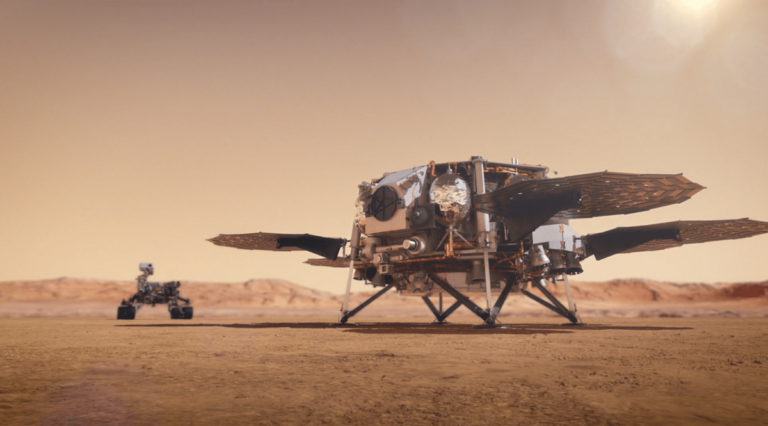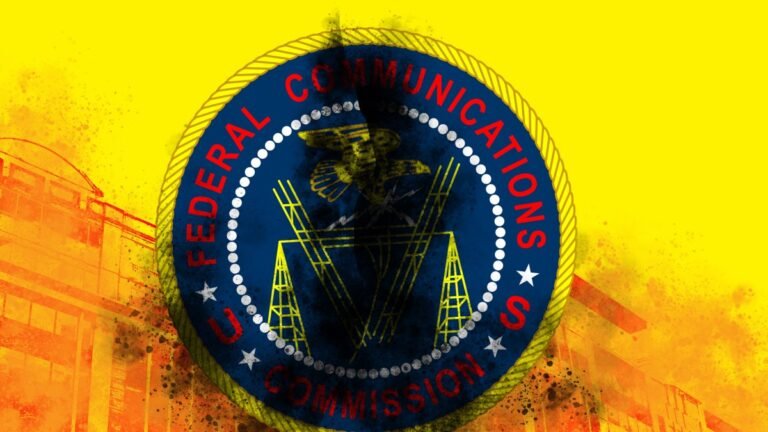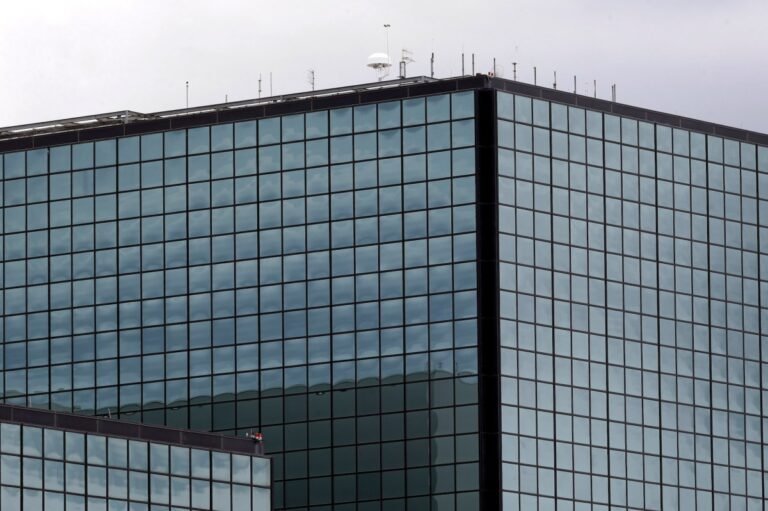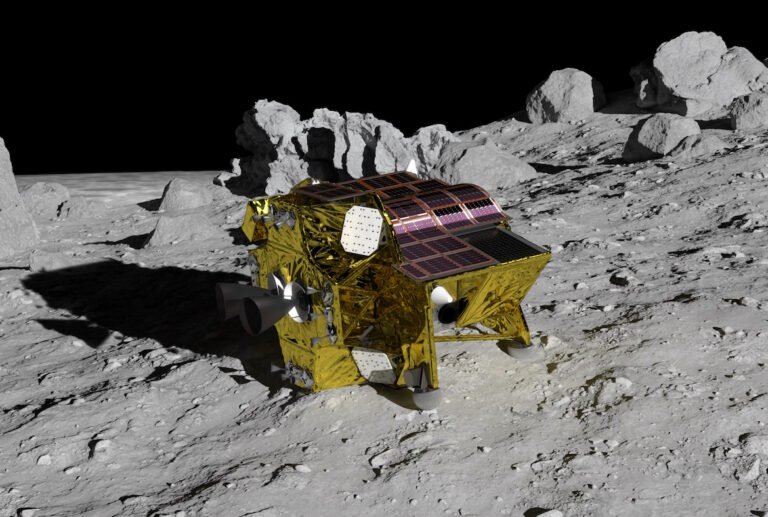
Fisker is issuing the first recall for its all-electric Ocean SUV because of problems with the warning lights, according to new information published by the National Highway Traffic Safety Administration.
The recall technically only applies to all 6,864 Ocean SUVs in the US, as other regions have their own safety regimes.
The recall comes after months of problems with the Ocean SUV, and at a time when Fisker is on the brink of bankruptcy.
This recall is not related to any of the four active investigations NHTSA has launched into the Ocean.
With those, the agency is probing inadvertent automatic emergency braking, sudden braking loss, vehicle rollaway and doors that won’t open.

The U.S. Federal Trade Commission will examine the rise of AI technology across all fronts, said FTC Chair Lina Khan, speaking at TechCrunch’s StrictlyVC event in Washington, D.C., on Tuesday.
In fact, it’s already seeing an uptick in consumer complaint cases in some areas, like voice cloning fraud, Khan said.
Asked what areas of AI the FTC was watching, Khan explained that it was everything.
Of course, policing AI comes with its challenges, despite the number of technologists the FTC has hired to help in this area.
Another area of focus for the FTC is the focus on what openness really means in the AI context, Khan explained.

The U.S. Federal Trade Commission is focusing its efforts on going after Big Tech, according to FTC Chair Lina Khan, who spoke at TechCrunch’s Strictly VC event in Washington, D.C., on Tuesday.
Khan said the agency is focused on going after the players that are doing the biggest harm, as opposed to just increasing the number of cases that it brings forward.
“One thing that’s been important for me is to make sure that we’re actually looking at where we see the biggest harm,” Khan said.
The FTC and the Department of Justice have struck a deal to investigate Microsoft, Open AI and Nvidia over potential antitrust violations, according to The New York Times.
The types of cases that the FTC selects can act as a deterrent, she said, noting that the FTC is already seeing that happen.

It turns out the space industry has a lot of ideas on how to improve NASA’s $11 billion, 15-year plan to collect and return samples from Mars.
Announced today, NASA has awarded $1.5 million contracts to seven companies to further develop their plans for the revamped Mars Sample Return mission.
According to the request for proposal, studies could be for complete overhauls of the mission design, or for designs that include elements of NASA’s MSR mission or NASA’s Artemis program.
NASA turned to private industry after finally admitting that its architecture for MSR is incredibly complicated.
Last year, an independent review board recommended that NASA revisit the mission design given the concerns about the technical features and the high costs.

If Trump wins, net neutrality is dead for one of several reasons.
A second Trump presidency, whatever its likelihood or one’s opinion on his other policies, would be fatal to net neutrality efforts.
Companies that oppose regulations like the FCC’s net neutrality plans often call for federal legislation on the topic.
A third threat to net neutrality comes from the Supreme Court, which is performing quite a bit of conservative wish-fulfillment lately.
Net neutrality rules being moot due to the FCC being inoperable would be the least of our worries if that occurs, though.

Kurs Orbital, a startup founded by Ukrainian space industry veterans, has closed a new tranche of funding to accelerate the commercialization of its satellite servicing technology.
The two-year-old company aims to unlock a new era for human activities in space by enabling capabilities like satellite relocation and inspection, de-orbiting and space debris removal.
Unlike other firms developing in-space servicing tech, Kurs Orbital’s module will be able to attach to “non-cooperative” targets, or target spacecraft that aren’t fitted with any hardware in advance.
On-orbit servicing has gained attention in recent months after the failure of a handful of high-cost, high-profile satellite missions.
We believe that one of the next big steps in space will be multimodality, as we know it on Earth.

The U.S. National Security Agency has confirmed that hackers exploiting flaws in Ivanti’s widely used enterprise VPN appliance have targeted organizations across the U.S. defense sector.
Confirmation that the NSA is tracking these cyberattacks comes days after Mandiant reported that suspected Chinese espionage hackers have made “mass attempts” to exploit multiple vulnerabilities impacting Ivanti Connect Secure, the popular remote access VPN software used by thousands of corporations and large organizations worldwide.
Mandiant said earlier this week that the China-backed hackers tracked as a threat group it calls UNC5325 had targeted organizations across a variety of industries.
This includes the U.S. defense industrial base sector, a worldwide network of thousands of private sector organizations that provide equipment and services to the U.S. military, Mandiant said, citing earlier findings from security firm Volexity.
Akamai said in an analysis published last week that hackers are launching approximately 250,000 exploitation attempts each day and have targeted more than 1,000 customers.

A U.S. government watchdog stole more than one gigabyte of seemingly sensitive personal data from the cloud systems of the U.S. Department of the Interior.
The good news: The data was fake and part of a series of tests to check whether the Department’s cloud infrastructure was secure.
The experiment is detailed in a new report by the Department of the Interior’s Office of the Inspector General (OIG), published last week.
The tests were conducted between March 2022 and June 2023, the OIG wrote in the report.
The Department of the Interior manages the country’s federal land, national parks and a budget of billions of dollars, and hosts a significant amount of data in the cloud.

Japan’s first lunar lander has officially powered down on the moon after its solar cells were unable to generate electricity, though the nation’s space agency said there is a possibility of turning things around when the direction of the sun’s rays change.
Japan made history last week when its lander, called Smart Lander for Investigating Moon (SLIM), successfully touched down on the moon’s surface last week.
Shortly after landing, directors of the mission explained that while the soft landing was a minimal success, the spacecraft’s solar cells were not generating power.
“According to the telemetry data, SLIM’s solar cells are facing west,” the Japan Aerospace Exploration Agency (JAXA) said in the update.
Japan can count a handful of other major wins in the mission, even if the solar cells never manage to charge up sufficiently for a recovery operation.

The in-car tech used by the likes of Ford and GM to make sure drivers pay attention to the road has come a long way.
NHTSA says it evaluated 331 driver monitoring systems and found none that are commercially available that can properly handle identifying alcohol impairment.
Driver monitoring isn’t the only option NHTSA has at its disposal, though.
Accuracy is key, and according to NHTSA’s findings, blood alcohol detection tech is a more viable near-term answer.
But this tech is considered “active,” meaning the driver has to proactively engage with the tech — which flies in the face of the law’s passive requirement.













